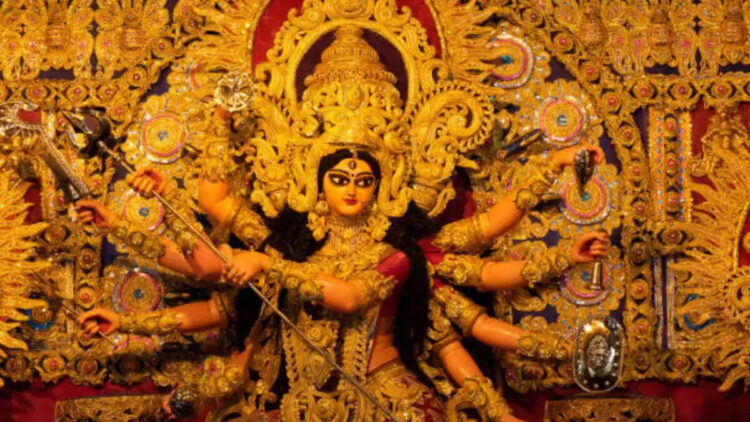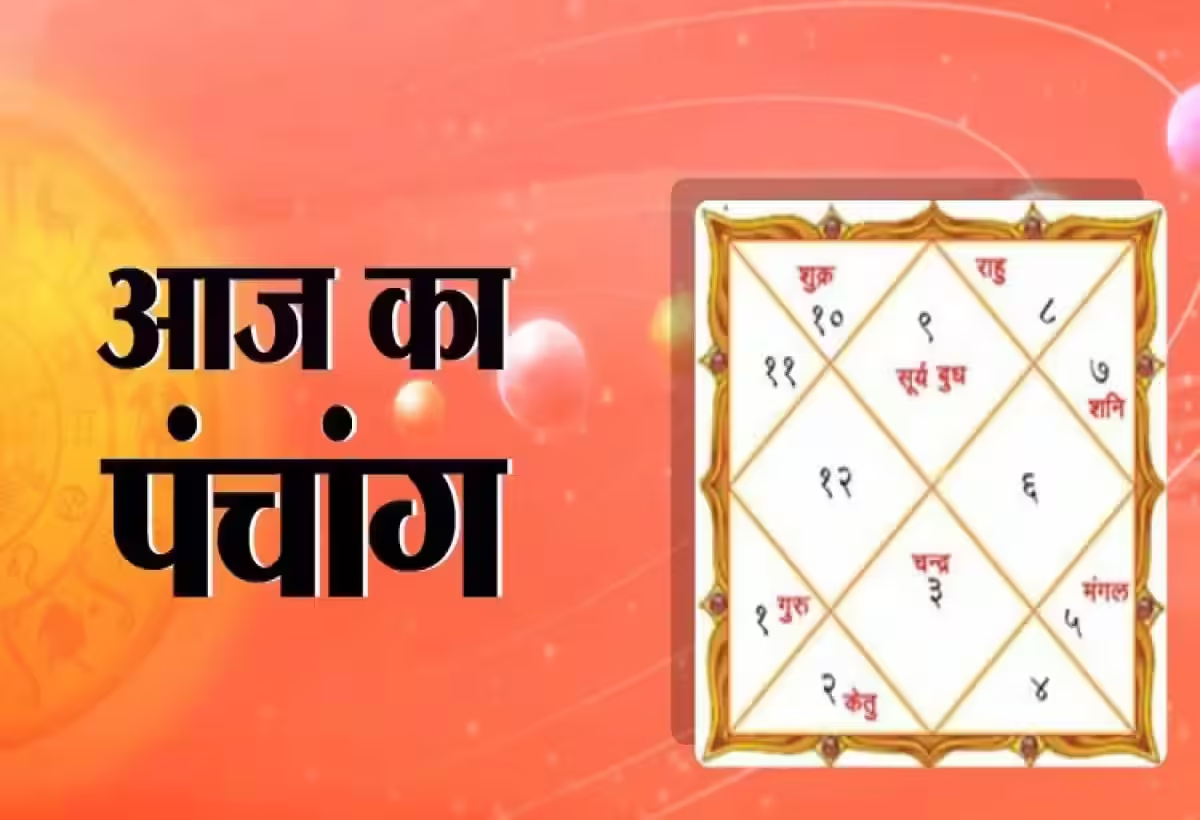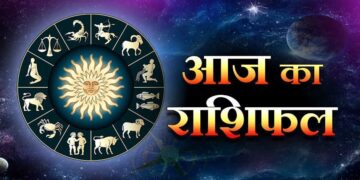The diversity of religious and cultural traditions in India is so vast that worship and beliefs are seen separately in every field. These traditions have a very disputed tradition – animal sacrifice. Especially in festivals like Navratri, Kali Puja, Durga Puja, animals are still sacrificed in some places. The question arises – is it right to sacrifice animals in worship? Is it religiously acceptable or is it an inhuman act? Let’s know what is the opinion of the scriptures on this.
What do Vedas and Upanishads say?
The basic basis of Hinduism is the Vedas, in which the description of Yajna and Sacrifice is found. But its meaning is different from today’s ‘animal murder’. Yajna in the Vedas refers to self -sacrifice, renunciation of ego and symbolic sacrifice. The Upanishads specifically denied violence and animal murder. It is clearly stated in the Ishawasya Upanishad that all beings are the creation of God and it is unrighteous to hurt them.
Prohibition on violence in scriptures
Manusmriti, which is one of the ancient theology, also states –
“Ahimsa Paramo Dharma:” – that is, non -violence is the greatest religion.
In the Bhagavad Gita, Shri Krishna has also described non -violence as the best quality. Vedanta Darshan and Jain, Buddhism also consider any kind of violence unacceptable.
Tantric tradition and animal sacrifice
In some areas, there has been a recognition of animal sacrifice in Tantric worship method, especially in Shaktipeeths and Kali Puja. In areas like Nepal, Assam, Odisha and Bengal, this tradition is still alive in some places. In the Tantric tradition, it is believed that the goddess is pleased with the sacrifice, but this belief is based on folk beliefs and regional traditions rather than the scriptures.
Opinion of modern saints and thinkers
Saints like Swami Vivekananda, Mahatma Gandhi, Dayanand Saraswati have opposed the tradition of animal sacrifice. He described it as a symbol of ignorance, superstition and violence. Gandhiji had said, “To get God, there is no violence, no compassion.”
Law and social approach
In India, it is illegal to publicly sacrifice animals under the Prevention of Cruelty to Animals Act, 1960. However, it still occurs under special permission at some religious places. But the large section of the society now considers it cruelty and old thinking.
conclusion
Explaining the scriptures deeply, it is clear that Hinduism is based on non -violence and compassion. Animal sacrifice is neither the order of the Vedas nor the support of the Upanishads. This tradition has been mostly based on tantric and regional beliefs. Today, the demand of the hour is that we should adopt compassion and non -violence, because true worship is the one who does not hurt anyone.






